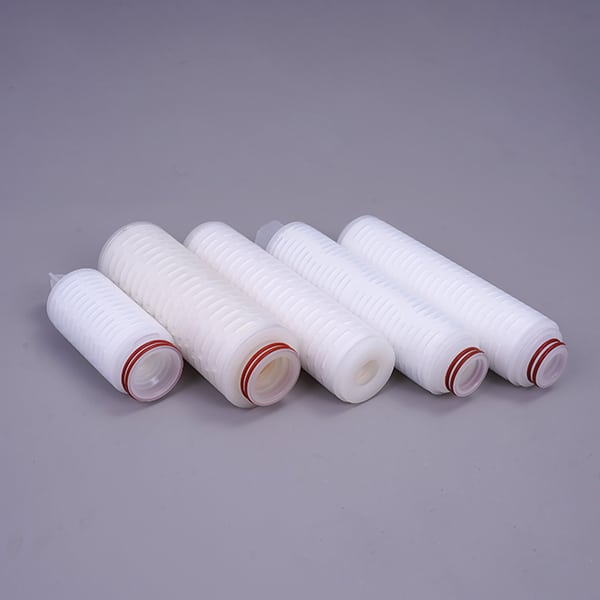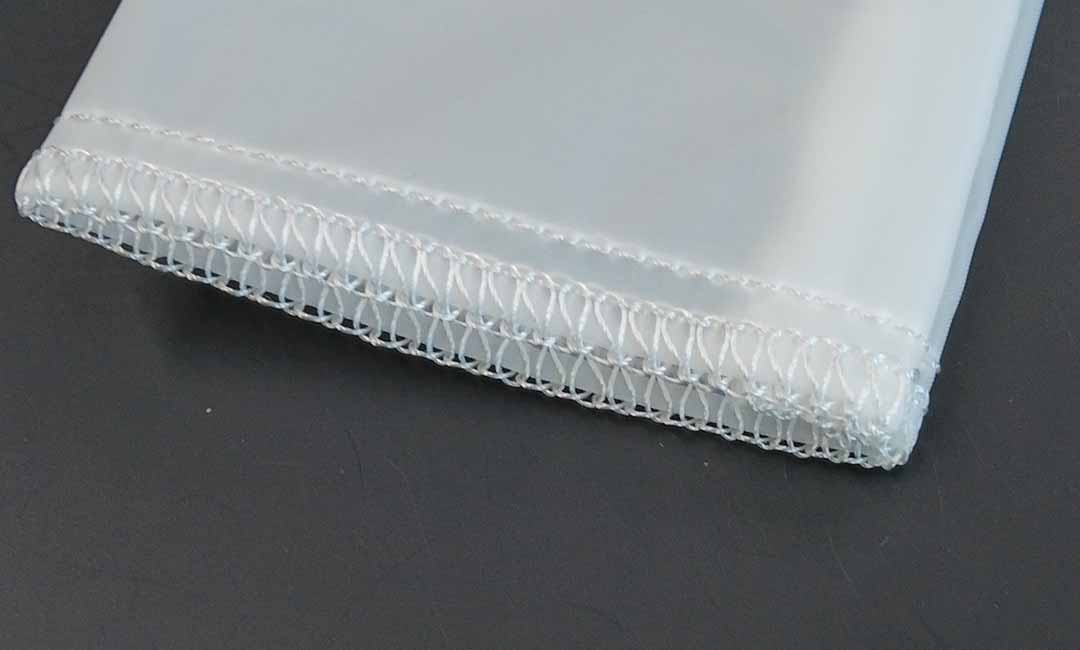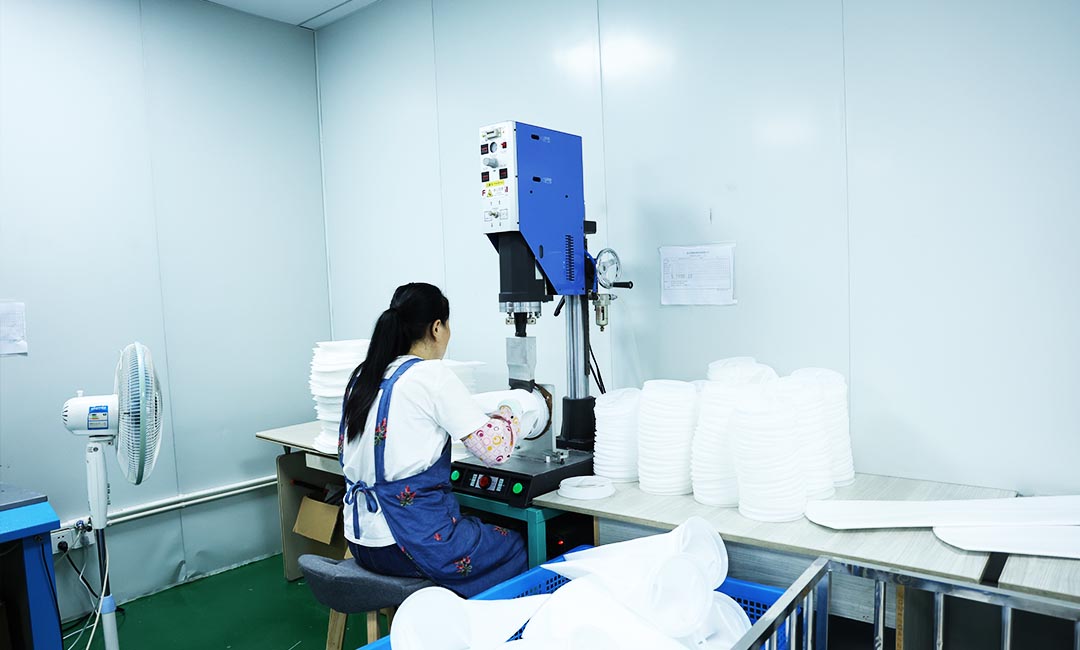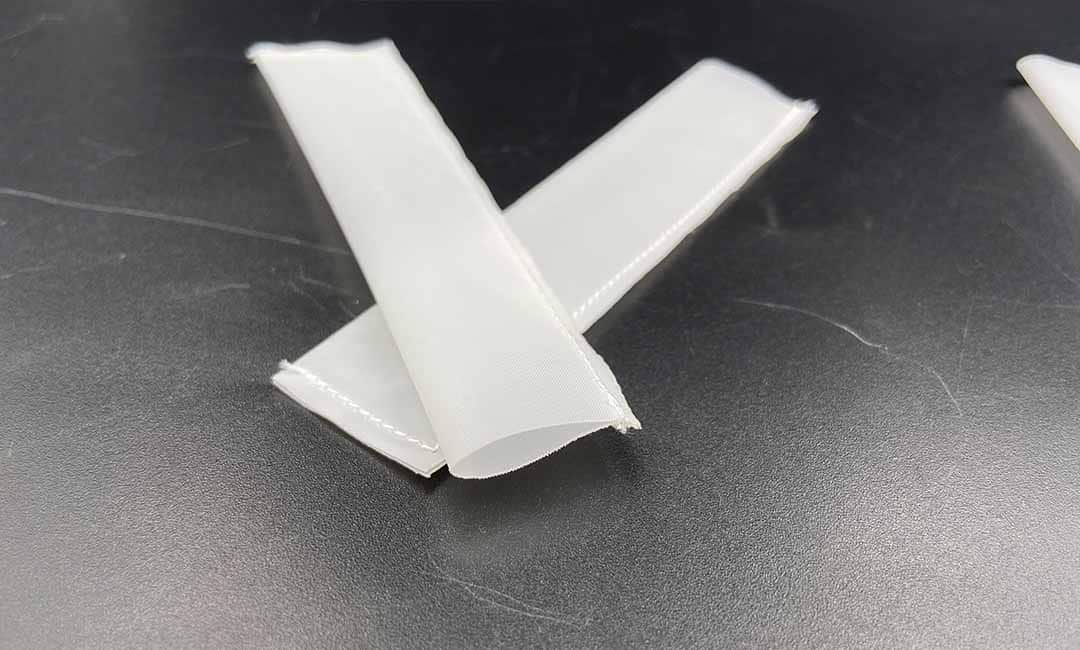
Exploring Rosin Press Bag Alternatives for DIY Extractors
Benefits of Using Nylon Mesh Bags for Rosin Extraction
Rosin extraction has become increasingly popular among DIY enthusiasts looking to create their own concentrates at home. One essential tool for this process is the rosin press bag, which helps to contain the material being pressed and allows for the extraction of high-quality rosin. While traditional rosin press bags are typically made of nylon mesh, there are a variety of alternative materials that can be used for this purpose.

One of the main benefits of using nylon mesh bags for rosin extraction is their durability. Nylon is a strong and resilient material that can withstand the pressure and heat of the rosin press without tearing or breaking. This means that nylon mesh bags can be reused multiple times, making them a cost-effective option for DIY extractors.
In addition to their durability, nylon mesh bags also offer excellent filtration properties. The fine mesh of the bag allows for the extraction of pure, high-quality rosin while filtering out any plant material or contaminants. This results in a cleaner and more potent final product that is free from impurities.
Another advantage of using nylon mesh bags for rosin extraction is their versatility. These bags come in a variety of sizes and micron ratings, allowing extractors to choose the right bag for their specific needs. Whether you are pressing flower or hash, there is a nylon mesh bag that is suitable for the job.
Furthermore, nylon mesh bags are easy to use and clean. Simply fill the bag with your material, place it in the rosin press, and apply pressure to extract the rosin. After use, the bag can be easily cleaned with warm water and a mild detergent, ensuring that it is ready for the next extraction.
Overall, nylon mesh bags are a reliable and efficient option for DIY extractors looking to produce high-quality rosin at home. Their durability, filtration properties, versatility, and ease of use make them a popular choice among rosin enthusiasts.
In conclusion, exploring rosin press bag alternatives for DIY extractors can lead to the discovery of new and innovative materials that can enhance the rosin extraction process. While nylon mesh bags are a tried and true option, there are other materials available that may offer unique benefits for specific extraction needs. By experimenting with different types of bags, extractors can find the perfect solution for their rosin extraction needs. Whether you choose nylon mesh bags or opt for an alternative material, the key is to find a bag that meets your requirements for durability, filtration, versatility, and ease of use. Happy extracting!
Comparing Different Micron Sizes for Rosin Press Bags
Rosin press bags are an essential tool for DIY extractors looking to produce high-quality rosin at home. These bags are used to contain the cannabis flower or hash before it is pressed, allowing the rosin to be extracted cleanly and efficiently. One of the key factors to consider when choosing a rosin press bag is the micron size. The micron size refers to the size of the mesh screen in the bag, which determines the size of the particles that can pass through during the pressing process.

There are several different micron sizes available for rosin press bags, each with its own advantages and disadvantages. The most common micron sizes used for rosin extraction are 25, 37, 90, and 120 microns. The smaller the micron size, the finer the mesh screen, which means that smaller particles will be filtered out during the pressing process. This can result in a cleaner and higher-quality rosin extract.
The 25-micron rosin press bag is the finest mesh screen available and is ideal for extracting the purest rosin possible. This micron size is best suited for pressing hash or kief, as it can filter out even the smallest particles. However, because the mesh screen is so fine, it can also be more prone to clogging during the pressing process.
The 37-micron rosin press bag is a slightly larger mesh screen that is still capable of producing high-quality rosin extracts. This micron size is versatile and can be used for pressing both flower and hash. The 37-micron bag strikes a good balance between filtration and yield, making it a popular choice among DIY extractors.
The 90-micron rosin press bag is a medium-sized mesh screen that is suitable for pressing flower. This micron size allows for a good balance between filtration and yield, producing a clean and potent rosin extract. The 90-micron bag is a versatile option that can be used for a variety of different strains and extraction methods.
The 120-micron rosin press bag is the largest mesh screen available and is best suited for pressing flower. This micron size allows for maximum yield, as it filters out larger particles while still allowing the rosin to flow freely. The 120-micron bag is a good choice for DIY extractors looking to maximize their yield without sacrificing quality.
When choosing a rosin press bag, it is important to consider the type of material being pressed and the desired outcome. For hash or kief, a finer mesh screen such as 25 or 37 microns may be more suitable, while flower may require a larger mesh screen like 90 or 120 microns. Experimenting with different micron sizes can help DIY extractors find the perfect balance between filtration and yield for their specific needs.
In conclusion, the micron size of a rosin press bag plays a crucial role in the quality and yield of the rosin extract. DIY extractors should carefully consider the type of material being pressed and the desired outcome when choosing a rosin press bag. By exploring different micron sizes and experimenting with various options, extractors can find the perfect balance for producing high-quality rosin extracts at home.
Exploring Rosin Filter Bags Made from Food-Grade Materials
Rosin press bags are an essential tool for DIY extractors looking to produce high-quality rosin at home. These bags are used to contain the cannabis flower or hash that is being pressed, allowing the rosin to be extracted while keeping plant material out of the final product. While traditional rosin press bags are typically made from nylon or polyester, there is a growing interest in exploring alternatives made from food-grade materials.
One of the main reasons DIY extractors are looking for alternatives to traditional rosin press bags is concerns over potential contamination from synthetic materials. Nylon and polyester are both synthetic fibers that can potentially leach harmful chemicals into the rosin during the extraction process. This has led some extractors to seek out rosin press bags made from food-grade materials that are considered safer for use with consumable products.
One popular alternative material for rosin press bags is food-grade nylon. Food-grade nylon is a type of nylon that is specifically designed to be safe for use with food and beverages. It is made without the use of harmful chemicals or additives that could potentially contaminate the rosin. Food-grade nylon rosin press bags are also heat-resistant, making them ideal for use with high-temperature rosin extraction processes.
Another alternative material for rosin press bags is food-grade polyester. Like food-grade nylon, food-grade polyester is designed to be safe for use with food and beverages. It is also heat-resistant, making it suitable for use in rosin extraction processes. Food-grade polyester rosin press bags are durable and reusable, making them a cost-effective option for DIY extractors.
In addition to food-grade nylon and polyester, some DIY extractors are also exploring rosin press bags made from food-grade silicone. Food-grade silicone is a non-toxic, heat-resistant material that is safe for use with food and beverages. Silicone rosin press bags are flexible and easy to clean, making them a convenient option for extractors looking for a low-maintenance solution.
While food-grade materials offer a safer alternative to traditional synthetic rosin press bags, there are some drawbacks to consider. Food-grade materials tend to be more expensive than traditional nylon or polyester bags, which can be a deterrent for some DIY extractors. Additionally, food-grade materials may not be as durable as their synthetic counterparts, leading to a shorter lifespan for the rosin press bags.

Despite these drawbacks, many DIY extractors are willing to invest in rosin press bags made from food-grade materials for the peace of mind that comes with using a safer, more environmentally friendly option. As the demand for high-quality, contaminant-free rosin continues to grow, it is likely that more extractors will turn to food-grade materials for their rosin press bag needs.
In conclusion, exploring rosin press bag alternatives made from food-grade materials is a worthwhile endeavor for DIY extractors looking to produce high-quality rosin at home. Food-grade nylon, polyester, and silicone offer safe and effective options for containing cannabis flower or hash during the extraction process. While these materials may come with a higher price tag and shorter lifespan, the benefits of using a safer, more environmentally friendly option are well worth the investment for many extractors. As the industry continues to evolve, it is likely that more options for food-grade rosin press bags will become available, providing extractors with even more choices for producing top-notch rosin at home.
DIY Rosin Press Bag Alternatives: Paper Filters vs. Stainless Steel Mesh Bags
Rosin extraction has become increasingly popular among DIY enthusiasts looking to create their own concentrates at home. One essential tool for this process is the rosin press bag, which helps contain the material being pressed and allows for the extraction of the desired concentrate. While traditional rosin press bags are typically made of nylon mesh, there are alternative options available that may better suit the needs of DIY extractors.
One popular alternative to nylon mesh bags is paper filters. Paper filters are commonly used in coffee brewing and are known for their ability to filter out fine particles while allowing liquids to pass through. When used in rosin extraction, paper filters can provide a clean and efficient way to extract concentrates without the risk of contaminants from nylon mesh bags.
Paper filters are available in various sizes and thicknesses, allowing DIY extractors to choose the best option for their specific needs. Thicker paper filters can withstand higher temperatures and pressures, making them ideal for use in rosin extraction. Additionally, paper filters are biodegradable and environmentally friendly, making them a sustainable choice for DIY extractors looking to reduce their carbon footprint.
Another alternative to nylon mesh bags is stainless steel mesh bags. Stainless steel mesh bags are durable and reusable, making them a cost-effective option for DIY extractors who plan to use their rosin press regularly. Stainless steel mesh bags are available in various micron sizes, allowing DIY extractors to customize their extraction process based on the desired quality of the concentrate.
Stainless steel mesh bags are easy to clean and maintain, making them a convenient option for DIY extractors who want to streamline their extraction process. Additionally, stainless steel mesh bags are resistant to high temperatures and pressures, making them a reliable choice for rosin extraction.
When comparing paper filters to stainless steel mesh bags, there are several factors to consider. Paper filters are disposable and may need to be replaced after each use, while stainless steel mesh bags can be reused multiple times. Additionally, paper filters may tear or break under high pressures, while stainless steel mesh bags are more durable and can withstand the rigors of rosin extraction.
In conclusion, DIY extractors have several alternatives to traditional nylon mesh bags when it comes to rosin extraction. Paper filters and stainless steel mesh bags offer unique benefits and drawbacks, allowing DIY extractors to choose the option that best suits their needs. Whether looking for a sustainable and biodegradable option or a durable and reusable option, DIY extractors can explore the various alternatives available to enhance their rosin extraction process. By considering the pros and cons of each alternative, DIY extractors can make an informed decision on which rosin press bag alternative is right for them.

